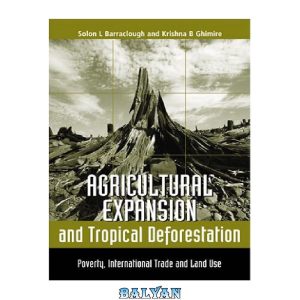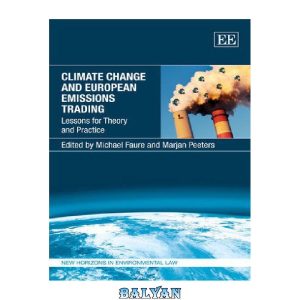Over the past thirty years nongovernmental organizations (NGOs) have played an increasingly influential role in international negotiations, particularly on environmental issues. NGO diplomacy has become, in the words of one organizer, an ”international experiment in democratizing intergovernmental decision making.” But there has been little attempt to determine the conditions under which NGOs make a difference in either the process or the outcome of international negotiations. This book presents an analytic framework for the systematic and comparative study of NGO diplomacy in international environmental negotiations. Chapters by experts on international environmental policy apply this framework to assess the effect of NGO diplomacy on specific negotiations on environmental and sustainability issues. The proposed analytical framework offers researchers the tools with which to assess whether and how NGO diplomats affect negotiation processes, outcomes, or both, and through comparative analysis the book identifies factors that explain variation in NGO influence, including coordination of strategy, degree of access, institutional overlap, and alliances with key states. The empirical chapters use the framework to evaluate the degree of NGO influence on such negotiations as the first phase of the Kyoto Protocol negotiations on global climate change, the Cartagena Protocol on Biosafety, and the United Nations Convention to Combat Desertification. Contributors: Steinar Andresen, Michele M. Betsill, Stanley W/ Burgiel, Elisabeth Corell, David Humphreys, Tora Skodvin
ترجمه فارسی (ترجمه ماشینی)
در طول سی سال گذشته، سازمانهای غیردولتی (NGO) نقش مؤثری در مذاکرات بینالمللی، بهویژه در مورد مسائل زیستمحیطی داشتهاند. به گفته یکی از سازماندهندگان، دیپلماسی سازمانهای غیردولتی به یک «تجربه بینالمللی در دموکراسیسازی تصمیمگیری بیندولتی» تبدیل شده است. مذاکرات این کتاب چارچوبی تحلیلی برای مطالعه سیستماتیک و تطبیقی دیپلماسی سازمان های غیردولتی در مذاکرات بین المللی محیط زیست ارائه می دهد. فصول توسط کارشناسان در مورد سیاست بین المللی محیط زیست، این چارچوب را برای ارزیابی تأثیر دیپلماسی سازمان های غیردولتی بر مذاکرات خاص در مورد مسائل زیست محیطی و پایداری اعمال می کند. چارچوب تحلیلی پیشنهادی ابزارهایی را به محققان ارائه میدهد تا ارزیابی کنند که آیا و چگونه دیپلماتهای سازمانهای غیردولتی بر فرآیند مذاکره، نتایج یا هر دو تأثیر میگذارند، و از طریق تجزیه و تحلیل مقایسهای، کتاب عواملی را شناسایی میکند که تغییرات در تأثیر NGO را توضیح میدهند، از جمله هماهنگی استراتژی، درجه دسترسی، همپوشانی نهادی و اتحاد با کشورهای کلیدی. فصلهای تجربی از چارچوبی برای ارزیابی میزان تأثیر سازمانهای غیردولتی بر چنین مذاکراتی مانند مرحله اول مذاکرات پروتکل کیوتو در مورد تغییرات آب و هوایی جهانی، پروتکل کارتاژنا در مورد ایمنی زیستی، و کنوانسیون سازمان ملل متحد برای مبارزه با بیابانزایی استفاده میکنند. شرکت کنندگان: Steinar Andresen، Michele M. Betsill، Stanley W/ Burgiel، Elisabeth Corell، David Humphreys، Tora Skodvin












نقد و بررسیها
هنوز بررسیای ثبت نشده است.